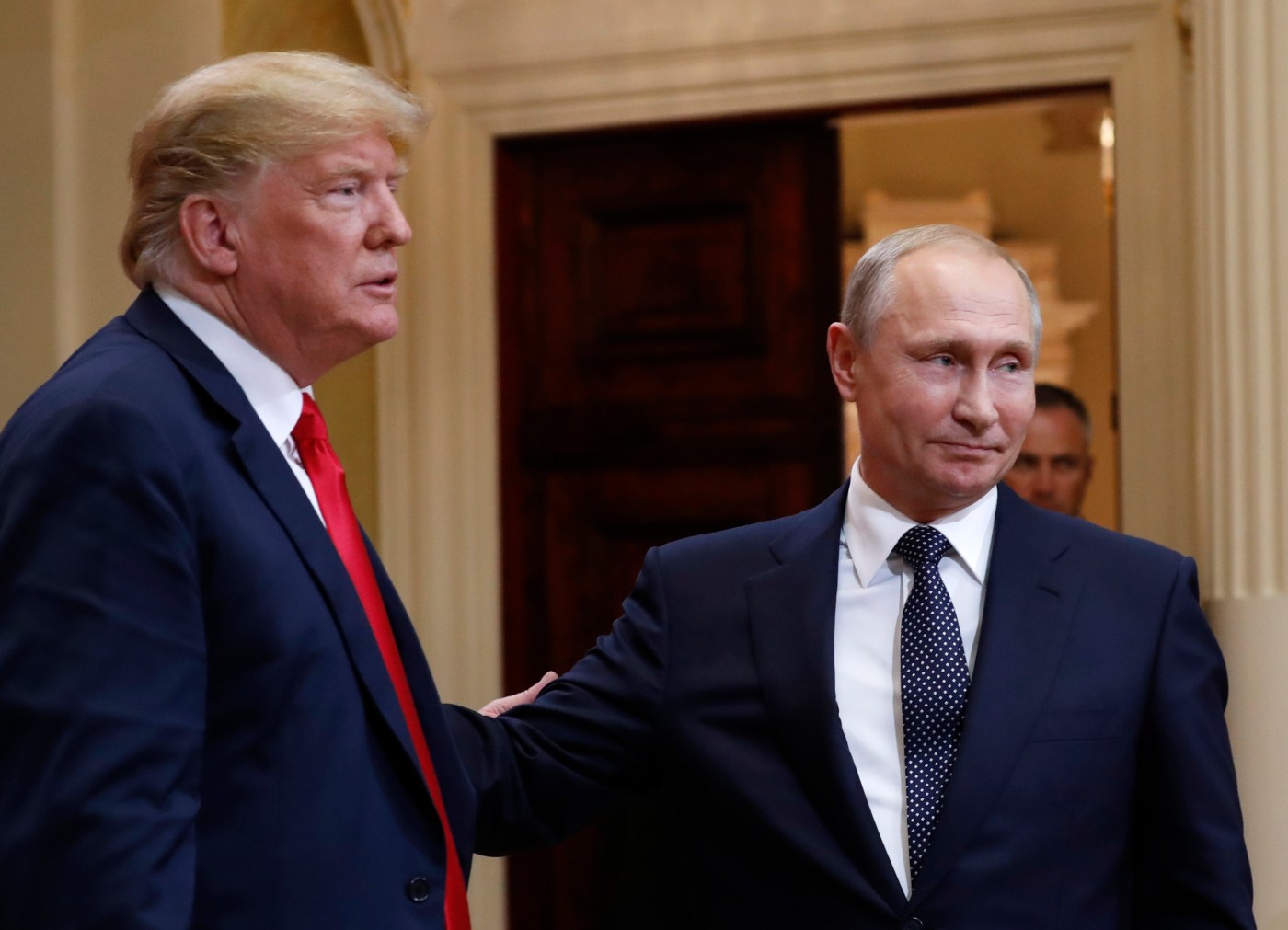On March 15, 2024, former U.S. President Donald Trump is set to meet with Russian President Vladimir Putin at a military base in Anchorage, Alaska. This meeting aims to address the ongoing conflict initiated by Russia’s invasion of Ukraine. Notably absent from the discussions will be Ukrainian President Volodymyr Zelenskyy, raising concerns about the implications for Ukraine’s sovereignty and future.
Key Issues at Stake in Anchorage Meeting
The summit comes amid growing international scrutiny of Russia’s territorial ambitions. Critics emphasize that without a representative from Ukraine, the discussions may lack essential context and legitimacy. Observers fear that Trump’s previous remarks about potential “swapping” of land could undermine Ukraine’s independence, as Putin seeks to cement control over parts of the country.
Trump’s willingness to consult with NATO allies before the meeting is seen as a positive step, as many member states remain wary of Putin’s intentions. Experts caution that if Putin is able to retain any territory taken from Ukraine, it could embolden further aggression against neighboring countries. The stakes are high, with the potential for broader regional instability if the conflict is not resolved effectively.
The Importance of a Strong Negotiating Position
The United States has invested significantly in supporting Ukraine, with financial assistance amounting to over $100 billion since the invasion began. This support underscores the strategic importance of Ukraine’s sovereignty, not only for its own people but also for the global balance of power. Trump has previously expressed skepticism about this investment, but as he approaches negotiations, he may need to recognize the importance of these expenditures to U.S. interests.
Effective diplomacy in this context requires a clear understanding of non-negotiable principles, including the protection of Ukraine’s self-determination. Engaging in a dialogue based on strength and clear objectives will be crucial if any progress is to be made. The complexities of the situation demand careful consideration, rather than the straightforward deal-making approach that has characterized Trump’s previous political dealings.
As the meeting approaches, the world watches closely. The outcomes of these discussions could have lasting implications not just for Ukraine and Russia, but for international relations as a whole. The potential for renewed aggression from Russia necessitates a diplomatic strategy that prioritizes stability and respect for national sovereignty.
In conclusion, while the Anchorage meeting presents an opportunity for dialogue, the lack of Ukrainian representation raises significant concerns. It is imperative that Trump and Putin engage in a manner that recognizes the gravity of the situation and seeks a resolution that genuinely respects the rights and future of the Ukrainian people.
